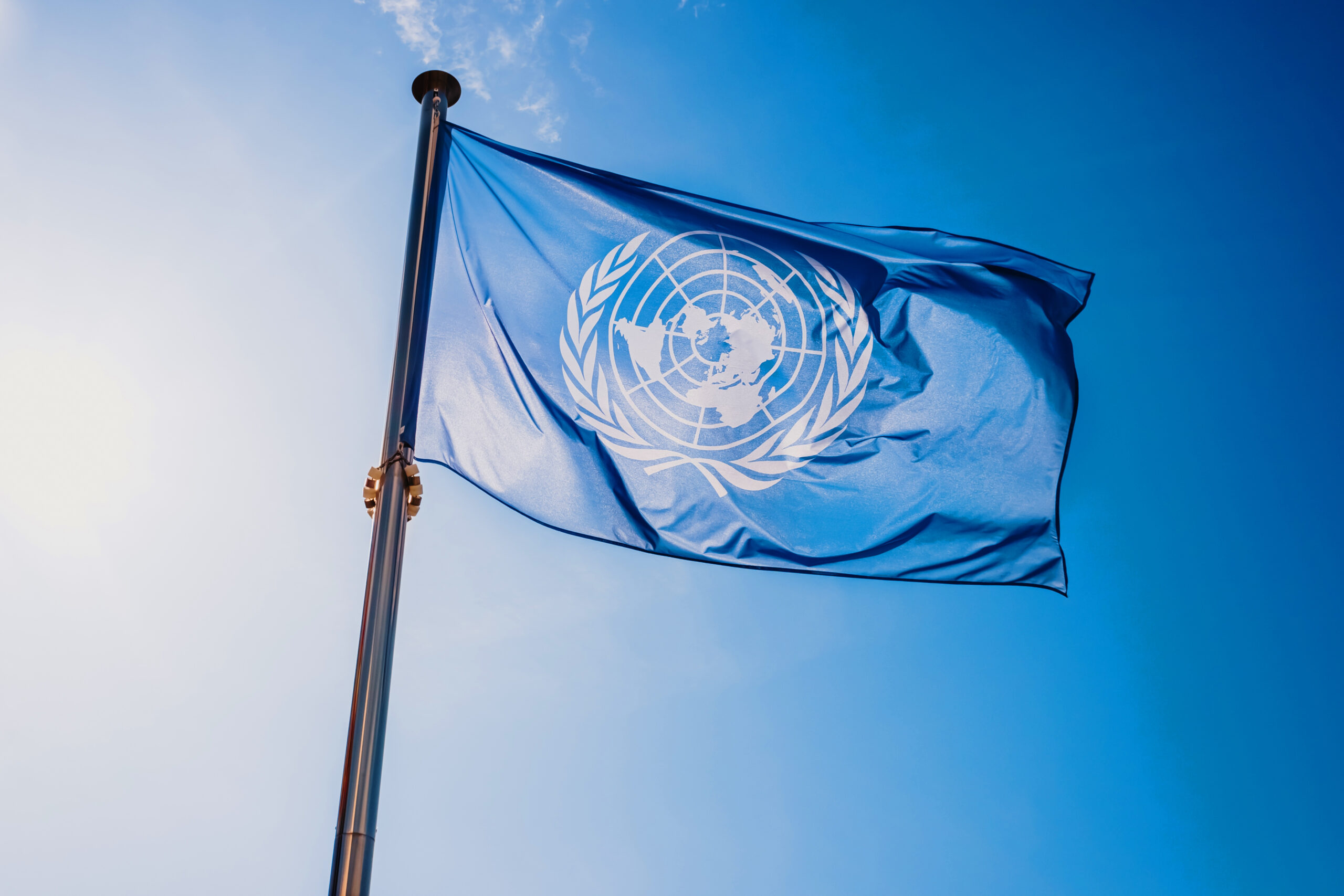Many leaders and experts argue that the United Nations has struggled to uphold Article I of the UN Charter which mandates the UN to “take effective collective measures for the preventions and removal of threats to the peace,”. Russia, a permanent member of the United Nations Security Council, has been blocking actions to defend Ukraine’s internationally recognized borders and has thus undermined effective humanitarian action and peacekeeping in Ukraine. This Helsinki Commission hearing examined how dynamics in the UN and its UNSC have prevented adequate humanitarian and diplomatic responses to international crises that Russia has either caused or exacerbated, Ukrainian perceptions of the organization, and specific actions towards reforming the United Nations Security Council.
Dr. Thomas Grant, Senior Research Fellow at the University of Cambridge, addressed in his testimony reasoning to curtail Russia’s presence in the UNSC and how to achieve this. He explained how Russia exploits its position on the UNSC by being a bully and fabricating fictious claims. Dr. Thomas Grant proposed the use of the ‘credentials procedure’ which has been used by the United Nations in the past. He stated how “under the procedure, any member of the Council may raise objection against the presence of any other member” and a vote may proceed that is not subject to permanent-member veto. Dr. Thomas Grant concluded his testimony by saying how Russia is preventing the UNSC from “action in response to Russia’s aggression against Ukraine.”
H.E. Sergiy Kyslytsa, the Ambassador and Permanent Representative of Ukraine to the United Nations, began his testimony by listing Russia’s occupations and describing what historically led to the importance of Russia’s seat on the UN Security Council. He stated that following the Yalta conference, Stalin had the idea that the United Nations would be designed in a way that would allow the Soviet Union to maintain all power which increased the importance of the permanent seat on the Security Council. Sergiy singled out the issue of Russia’s presence on the UN Security Council by saying “how soon in New York and in the capitals will be able to call a spade a spade” and discuss the future world order. Sergiy then completed his testimony by expressing his gratitude to the U.S. Mission to New York for their extensive cooperation together.
Ms. Natasha Hall, Senior Fellow for the Middle East Program at the Center for Strategic & International Studies (CSIS), described in her testimony how authoritarian regimes undermine democratic values and thus take advantage of UN humanitarian aid. She urged that the answer to the dilemma with Russia is to not turn away from the United Nations but instead argued that “this is time for the United States to lean in”. Ms. Natasha Hall then provided three recommendations to this Helsinki Commission. The first of these was for the United States to remove humanitarian assistance from the UN Security Council. Second, in any country where peace negotiations are stalled, the United States should work with allies for alternatives. Thirdly, Ms. Natasha Hall stated that funding for humanitarian aid should not be cut and that it requires a “coherent strategy to end conflicts”.
The Commissioners proceeded to ask the witnesses questions regarding the removal of Russia from the UN Security Council and what the United Nations has done to stop Russia’s actions in Ukraine. A notable quote from the question and answer timeframe, was spoken by Sergiy Kyslytsa: “we have to reach a point where we are able to call a spade a spade. We have to be brave – to be brave enough to say: Mr. Ambassador of the Russian Federation, the actions of your country are totally incompatible with your status. And we have not reached this point, unfortunately”.







